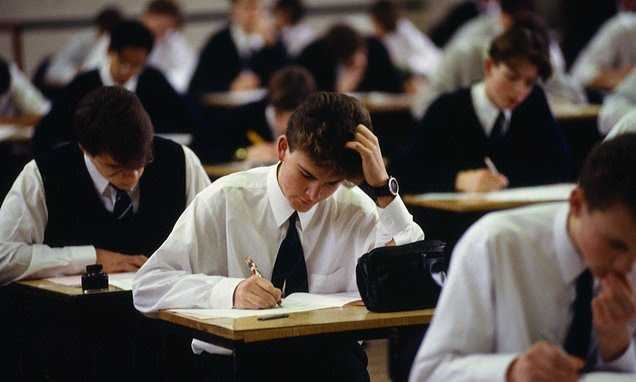How technology can help equal the playing field when it comes to educational assessment
The Covid-19 pandemic exposed as many holes in the education system as any other area of society in the United Kingdom. Schools were simply under-prepared for the change to learning and conducting an assessment over the internet, as there was not enough technology already in place to mitigate the effects of the lack of in-class teaching time. Students were less accountable in a system where educational success is defined only by what happens in a stressful period full of exams that test what they remember from the past two years of learning.

The Independent Assessment Commission (IAC) brought together academics, teachers, students, and other stakeholders to find out what exactly isn’t working within the education system and what can be done to ensure children leave school in the best place they can to adapt to higher education and adult life.
In February 2022, it outlined its findings from months of focus groups and meetings that discussed whether or not the way students are assessed in secondary school was suitable.
What were the IAC’s findings?
The commission found that, although finding methods of assessment that are entirely fair and equal is very difficult, the exam system on its own creates an unlevel playing field that gives those from more secure backgrounds a distinct advantage over those from poorer areas due to the access they have to extra resources and tutors outside of school to prepare for a one-off performance.
A one-size-fits-all approach to assessment in the form of exams is no longer an effective way to judge academic achievement. While many students can be successful this way, the IAC recommended that creating more experiences and learning qualifications that encourage developing creative, critical, and problem-solving instincts will ultimately better prepare students for higher education and employment progression.
Along that theme, it recommended that academic assessment should not be based around a fixed age of 16, allowing students to be assessed at any age between 14 and 19 years old instead.

Professor Louise Hayward, chair of the IAC, said: “Currently, too many young people feel that they are denied opportunities because their time at school has not been adequately recognized – this is not good for them, nor is it good for their future employers, our economy and society.
“England’s exam system needs to change. Equality, diversity, inclusion, and health and well-being must be central to an assessment system that positively impacts all students.”
How can technology play a part?
One of the IAC’s other recommendations was to utilize emerging technology to support high-quality student experience in assessment and qualifications. To that end, introducing more traditional ways to test students during lessons can also benefit them for whatever assessments come their way at the end of the year.
Imagine having a tool you can use to help create accessible and regular in-class assessments for which you can get results automatically. For the teacher, this will not only save time in terms of marking, but it also allows the opportunity to collect data on each student more efficiently to identify trends in performance and create more effective action plans where the pupil is struggling. For the student, more assessment means more engagement, and being more accountable to the teacher means there is less chance of them falling through the cracks in a broken system.
E-spaces is committed to creating an equal playing field and helping teachers and students work together to ensure the pupil has the best chance of success. Please fill out our contact us form to find out how your school can be one of the first to try our beta version.










